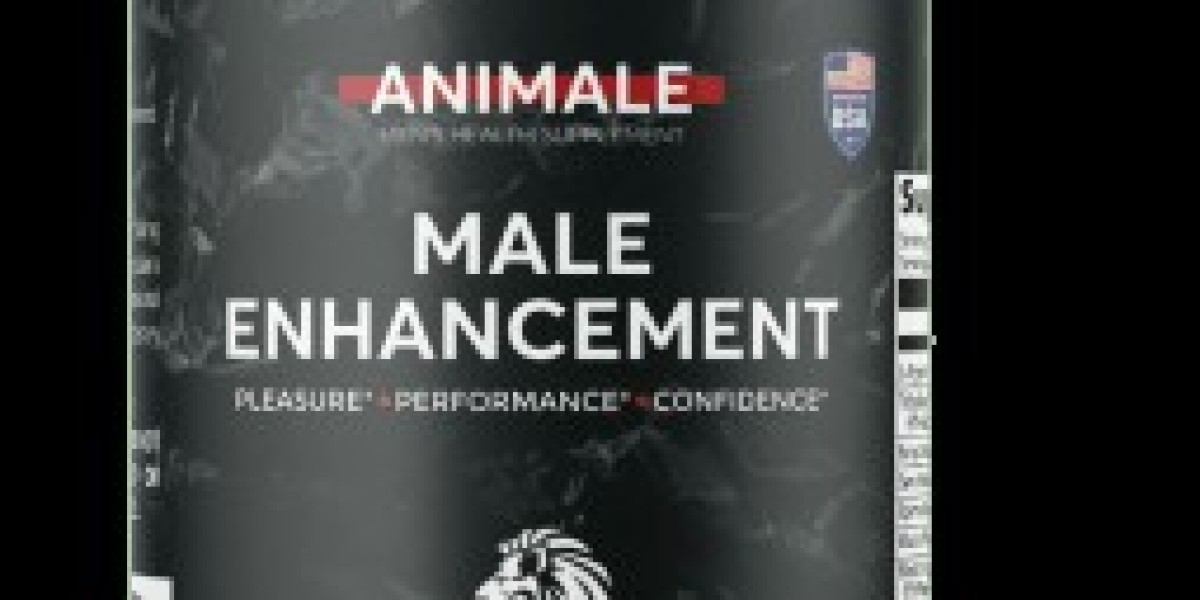2024 has already started,the swimwear industry gears up to present the latest in style, comfort, and functionality. For manufacturers like Welonswimwear, creating swimwear collections that aligns with industry standards isn't just about making a fashion statement—it's a commitment to compliance that ensures the health, safety, and satisfaction of every customer.
1. Material Standards and Safety Compliance: The First Wave
The process of swimwear fabrication is intricate, where the choice of materials plays a foundational role. Adherence to safety regulations such as those set forth by the Consumer Product Safety Commission (CPSC) in the United States and similar bodies around the world, ensure that fabrics used are free from harmful chemicals and allergens. Compliance with these standards is not optional; it's a baseline expectation for all swimwear manufacturers to prevent adverse health effects and skin irritation.
For example, in choosing textiles, a swimwear manufacturer must verify that the material complies with regulations regarding the use of substances like AZO dyes, formaldehyde, and phthalates. These standards, including the OEKO-TEX Standard 100 certification, help maintain that products meet global safety standards, ensuring that the swimwear hitting the racks is as safe as it is stylish.
2. The Surge of Environmental Compliance: Making Waves with Green Practices
With increasing environmental concerns, compliance transcends beyond safety, incorporating eco-friendly production practices. In an effort to protect our planet's health and resources, manufacturers are embracing sustainable swimwear fabrics such as recycled polyester or econyl, a nylon made from recycled waste, to craft their pieces.
Consider the case of leading brands like Patagonia and Speedo, which are paving the way with their eco-conscious swimwear lines. By adhering to environmental standards and striving for certifications like the Global Recycled Standard (GRS), these companies have exhibited a strong commitment to eco-sustainability without compromising on the quality and durability of swimwear.
3. Quality Assurance and Durability: The Swell of Long-Lasting Wear
Compliance isn't only about the materials; it extends to the overall quality and durability of the swimwear. Products that fade, stretch, or degrade quickly not only lose consumer trust but also contribute to waste. Ensuring high-quality craftsmanship and using advanced technology to test for characteristics like colorfastness, resistance to chlorine, and durability helps in reducing returns, exchanges, and ultimately – waste.
The rise in regulations and standards, such as those from the American Society for Testing and Materials (ASTM), pushes manufacturers to keep a vigilant eye on their production processes, effectively minimizing the impact on the environment through longer-lasting products.
4. Ethical Production and Supply Chain Transparency: The Tide of Responsibility
Another facet of being compliant is honoring ethical production standards. This includes offering fair labor practices, worker safety, and upholding human rights. Many consumers today deeply care about these aspects and would choose a swimwear brand with an ethical supply chain over one that does not disclose such information.
For instance, brands like Mara Hoffman and Stella McCartney have been upfront about their supply chains, illustrating a clear map of where and how their swimwear is made. They ensure that their business practices comply with the Fair Labor Association standards and the Ethical Trading Initiative, thereby building consumer trust through transparency.
5. Size Inclusivity and Accessibility: Diving Deep into Consumer Needs
Lastly, swimwear manufacturers must also navigate the increasingly important waters of size inclusivity and accessibility. By complying with inclusivity standards and offering a wide range of sizes, manufacturers can ensure they cater to a diverse customer base, promoting positive body image alongside a seamless shopping experience.
The importance of compliance in swimwear fabrication cannot be overstated. As a manufacturer in this vibrant industry, we understand our role in upholding these crucial standards that span safety, ecology, quality, ethics, and inclusivity. It's a multifaceted commitment, but one that we believe helps ensure a buoyant future for both the industry and our oceans.








